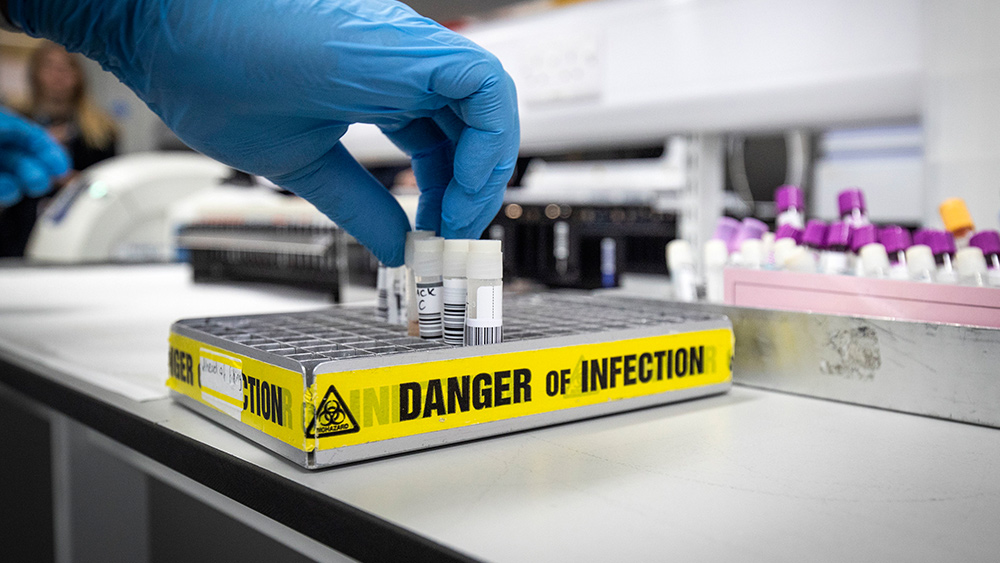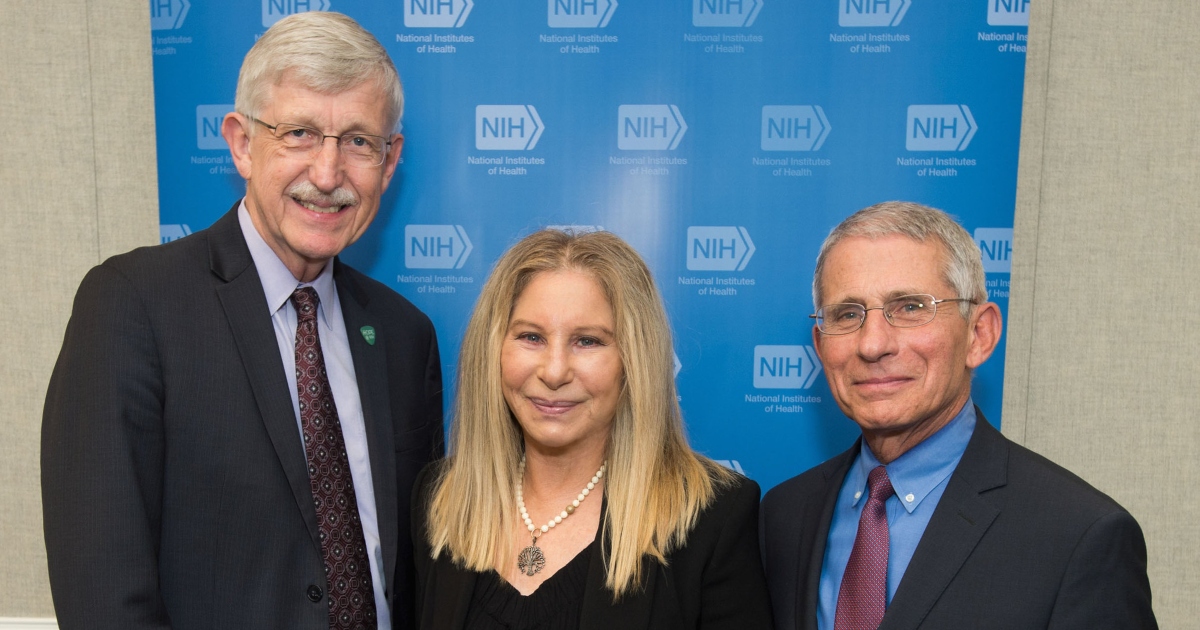
The plastics in question are nanoplastics, which are miniscule particles of plastic that come from common plastic objects that we use in our everyday lives. In particular, the researchers found that polystyrene nanoparticles, which come from plastic utensils, plastic cups and similar items, bind to a protein known as alpha-synuclein which has been linked to Lewy body dementia and Parkinson's disease.
Scientists have observed buildups of aberrant types of this protein in Parkinson’s patients. Alpha-synuclein is believed to serve an important function in keeping neurons in the brain healthy, but when it becomes misfolded or warped, it can lead to problems. Scientists do not fully understand yet whether this is a cause or a symptom of Parkinson’s.
The researchers witnessed this type of accumulation in cultured neurons, test tubes and mouse models. The study's lead author, Andrew West, said that the team's most surprising discovery while conducting their research was the strong connections formed between the protein and plastic within neuron lysosomes. These are digestive organelles that allow cells to break down waste products with support from enzymes. Evidence shows that plastic therefore interferes with neurons’ natural cleaning processes.
West noted in a statement: “Our study suggests that the emergence of micro and nanoplastics in the environment might represent a new toxin challenge with respect to Parkinson’s disease risk and progression.”
Although further studies are needed to explore this connection further, this study is just the latest in a large body of epidemiological and lab research demonstrating how the environment is playing a role in the rise in Parkinson's disease being seen right now.
Parkinson’s is currently the fastest-growing neurological disorder worldwide. Unfortunately, the presence of these plastic toxins in our water and food supply is only expected to grow, which means that many more people could be at risk of developing this devastating illness in the near future.
Scientists do not fully understand what causes Parkinson’s, although they have plenty of evidence that exposure to certain pollutants and toxins are risk factors for the disease. While many studies have focused on pesticides and chemicals, few have looked into the role nanoplastics could play in the development of the disease.
Plastics in the environment must be studied in depth to determine their role in illness
There is a growing body of evidence that nanoplastics can be found throughout our environment, especially in indoor air. When people inhale them, they enter the brain and the bloodstream directly, raising people's risk of cancer.
Some experts have pointed out that previous environments have a big influence on people's current health. Just like previous smoking habits raise a person's risk of lung cancer, living environments replete with nanoplastics can raise a person's risk of cancer, Parkinson's and Alzheimer's.
It is an unfortunate reality that most people are already carrying microscopic plastic particles in their blood, and determining how that is affecting our health will be a key area of scientific research in the coming years.
West stated: "While microplastic and nanoplastic contaminants are being closely evaluated for their potential impact in cancer and autoimmune diseases, the striking nature of the interactions we could observe in our models suggest a need for evaluating increasing nanoplastic contaminants on Parkinson's disease and dementia risk and progression."
Sources for this article include:
Please contact us for more information.





















